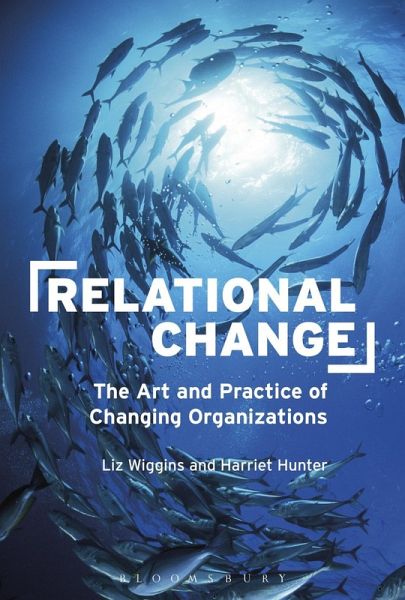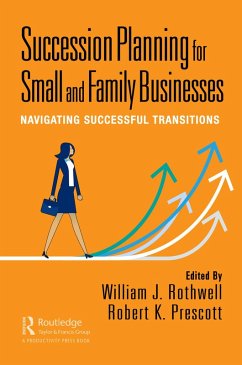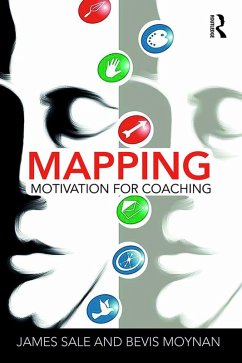
Relational Change (eBook, PDF)
The Art and Practice of Changing Organizations
Versandkostenfrei!
Sofort per Download lieferbar
21,95 €
inkl. MwSt.
Weitere Ausgaben:

PAYBACK Punkte
11 °P sammeln!
Learn about alternative ways of managing the change experience to make it doable, energising and transformative. The process of change in all organizations - corporate, public sector and not-for-profit - can be fraught, overwhelming and unpredictable, both for those experiencing change and for those charged with its implementation. Relational Change presents a refreshingly readable and accessible alternative to the normal rhetoric of mechanistic, top-down change. Instead, Liz Wiggins and Harriet Hunter show how paying closer attention to personal interactions and relationships lies at the very...
Learn about alternative ways of managing the change experience to make it doable, energising and transformative. The process of change in all organizations - corporate, public sector and not-for-profit - can be fraught, overwhelming and unpredictable, both for those experiencing change and for those charged with its implementation. Relational Change presents a refreshingly readable and accessible alternative to the normal rhetoric of mechanistic, top-down change. Instead, Liz Wiggins and Harriet Hunter show how paying closer attention to personal interactions and relationships lies at the very heart of effective and sustainable change in organizations. Exploring issues of power, politics, emotions and the way people and systems can become stuck in unhelpful patterns, this book will help you work practically with the messiness of change. The dynamic new ways discussed are highly relevant for life in organizations today and will apply to your life outside work too. Integrating research and theory from a wide range of sources, as well sharing their own extensive experience of leading change, the authors present a stimulating and thought-provoking people-centred and relational approach that focuses on doing with others, rather than doing to them. Relational Change combines academically-grounded, theoretically-robust thinking that explains the rationale for relational change with real-world stories that will resonate with your own experience of change, whether as a seasoned or novice leader.













